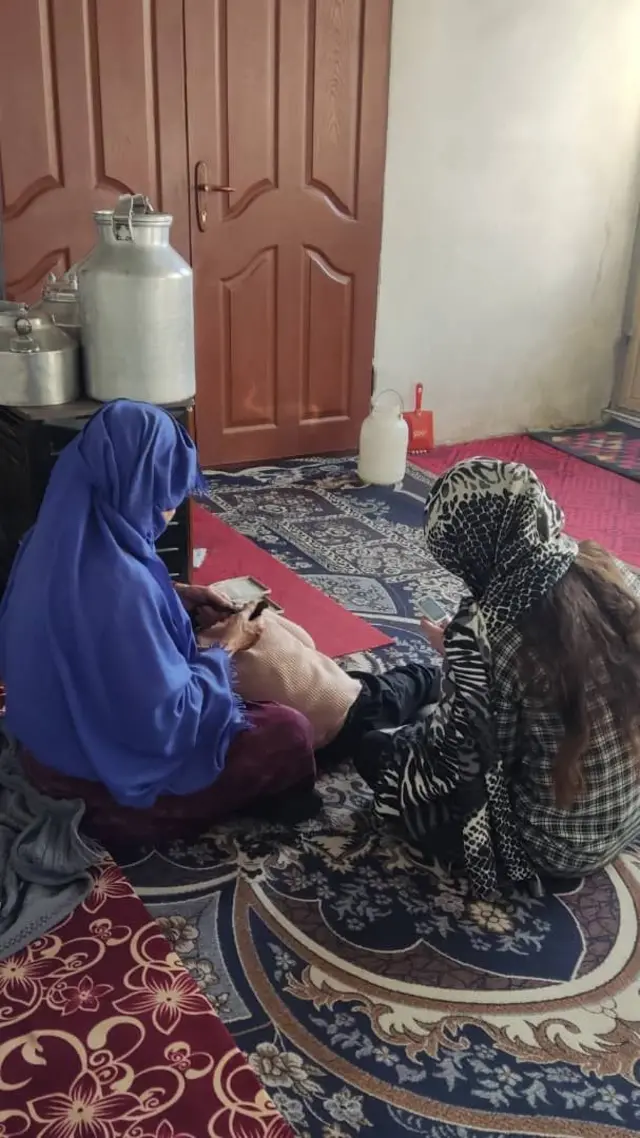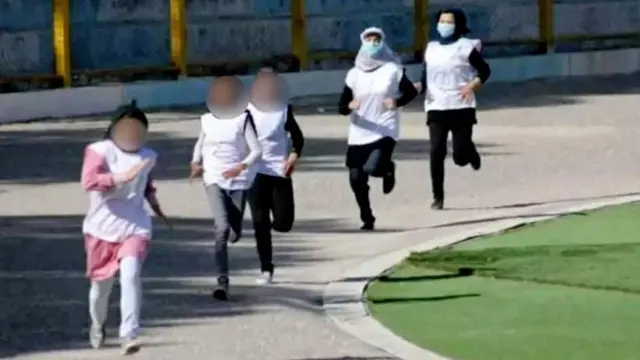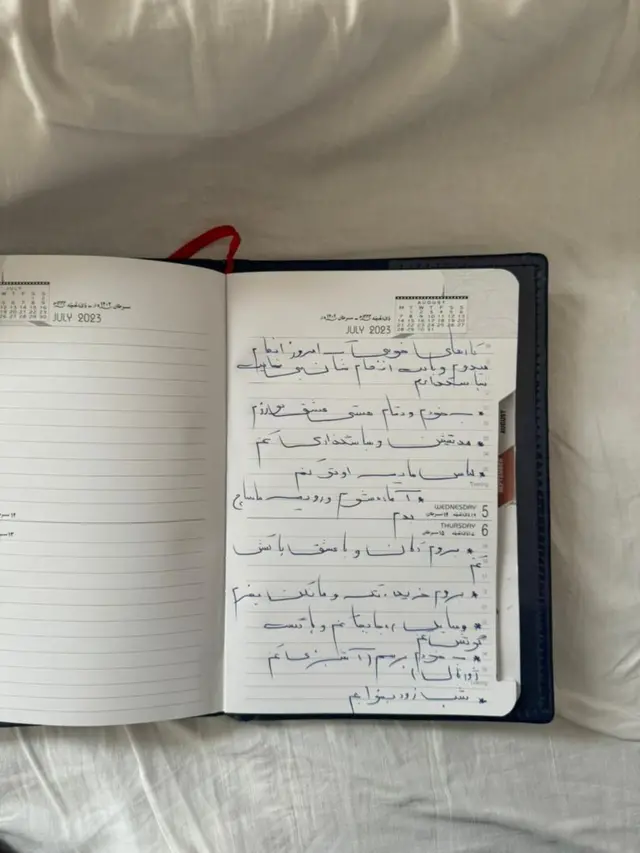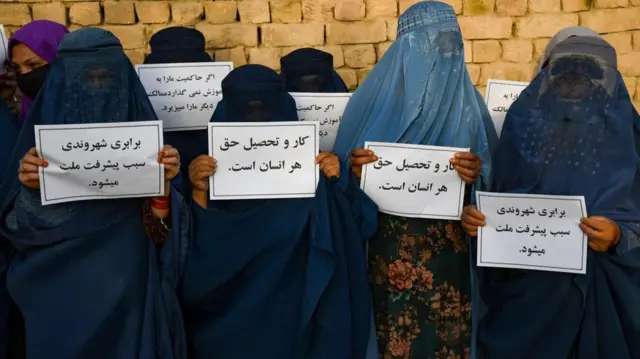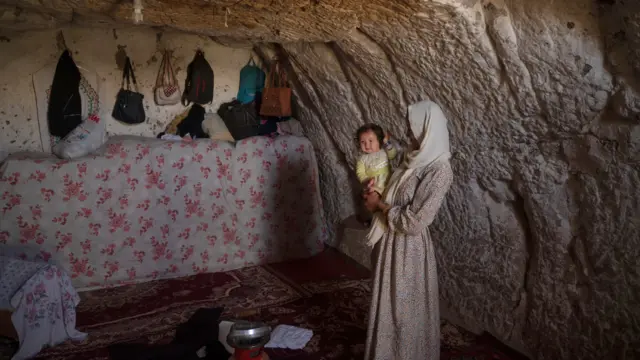How have women’s lives changed under Taliban rule?published at 06:11 GMT 7 March
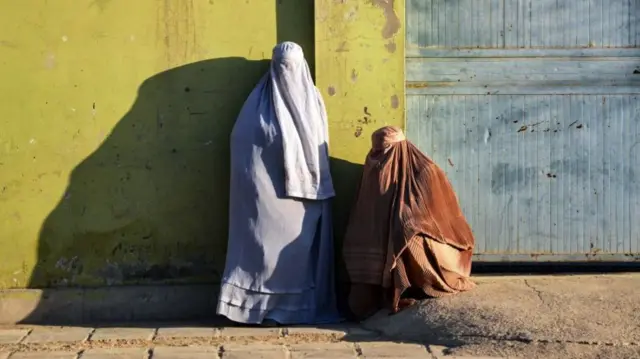 Image source, AFP
Image source, AFPBefore the Taliban retook power in Afghanistan in 2021, women and girls enjoyed relative social freedom and were able to go to school and have jobs – though they also suffered discrimination and violence.
In the past three years, they have been barred from education past the age of 12 and have had their job options severely restricted.
They are not allowed to be heard or seen uncovered in public, visit parks, swimming pools and gyms or travel without a male chaperone.
According to a UN women report from August, 18% of Afghan women reported that they had not met any women outside their immediate families in the three months prior.
